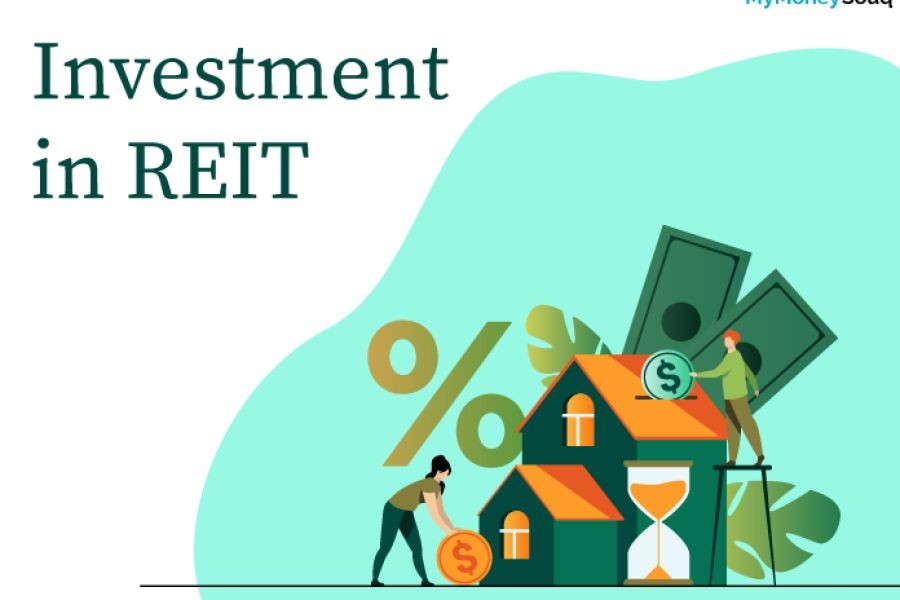In recent years, New Zealand's economy has experienced a unique dynamic shift as its expat community plays an increasingly integral role. This phenomenon is not merely a result of globalization but also a reflection of how interconnected economies drive transformative impacts. While New Zealand has always had a vibrant expatriate community, its influence on the country's future is becoming more pronounced. With their global perspectives and diverse experiences, expats are shaping local industries, influencing policies, and driving economic growth.
Case Study: The Return of Kiwi Expats – A Boon for Innovation
Meet Sarah, a software engineer who spent a decade in Silicon Valley. Her return to New Zealand is emblematic of a broader trend where Kiwi expats bring back invaluable skills and perspectives that enrich local industries. The tech sector, in particular, has seen a substantial boost. According to the Ministry of Business, Innovation and Employment (MBIE), the tech industry has grown by 10% annually, partly fueled by repatriated talent like Sarah who bring cutting-edge knowledge and networks.
Sarah's startup, which focuses on AI-driven solutions for agriculture, has already secured partnerships with local farming cooperatives, improving yield efficiency by 30%. This example underscores the pivotal role returning expats play in introducing innovative practices and driving sectoral growth.
Pros & Cons Evaluation
✅ Pros:
- Enhanced Skill Pool: Returning expats contribute advanced skills and global perspectives, enhancing New Zealand’s human capital.
- Economic Growth: Expats often invest in local businesses, fueling startups and generating employment.
- Policy Influence: With international exposure, expats can advocate for policies that enhance competitiveness and sustainability.
- Innovation Catalyst: By introducing global best practices, expats foster innovation across industries.
❌ Cons:
- Integration Challenges: Expats may face cultural and systemic barriers when re-integrating into the local workforce.
- Resource Strain: An influx of skilled migrants can strain local infrastructure and services.
- Economic Disparities: Expats might inadvertently widen economic gaps due to differences in wealth and access to opportunities.
- Potential Brain Drain: If not managed, the focus on repatriates could overlook nurturing local talent.
Industry Insights: The Silent Drivers of Economic Change
In a world where digital transformation is paramount, New Zealand’s expat community acts as a silent driver of economic change. The Reserve Bank of New Zealand reports that expat investments contribute significantly to the property market, which has seen a 15% increase in value over the past three years. However, this influx also raises questions about affordability and housing policies.
Moreover, the presence of expats in sectors like healthcare and education is pivotal. With experience from diverse health systems, expat professionals introduce innovative healthcare models that enhance patient outcomes and streamline operations. Similarly, in education, the integration of global teaching methodologies enriches the learning environment, preparing students for a globalized workforce.
Contrasting Viewpoints: Economic Boon or Burden?
While the economic contributions of expats are undeniable, there are contrasting viewpoints on their impact. Advocates argue that expats are vital for filling skill shortages and driving innovation. Critics, however, point to potential challenges such as increased competition for jobs and pressure on public services. The key lies in finding a middle ground where policies support both local and expat communities to thrive.
Common Myths & Mistakes
Myth vs. Reality
- Myth: Expats take jobs from locals. Reality: Expats often fill roles in high-demand sectors where there are skill shortages, contributing to economic growth.
- Myth: Expats are only interested in short-term gains. Reality: Many expats seek long-term opportunities and invest in local communities, enhancing societal cohesion.
- Myth: Expats do not integrate into local culture. Reality: Expats often engage actively in local communities, enriching cultural diversity and understanding.
Biggest Mistakes to Avoid
- Neglecting Local Talent: Focus on expat talent should not overshadow nurturing local skills. Businesses should balance recruitment strategies to include both expats and local talent.
- Ignoring Cultural Differences: To avoid integration issues, it's essential to foster inclusive workplaces that respect and celebrate diverse backgrounds.
- Overlooking Policy Impacts: Businesses should stay informed on immigration and employment policies to navigate potential challenges effectively.
Future Trends & Predictions
Looking ahead, the role of expats in shaping New Zealand’s future is set to expand. By 2028, the Stats NZ predicts that expats will contribute to over 20% of the country’s GDP growth, primarily through innovation-driven sectors. As global mobility increases, New Zealand will likely see more expats returning, bringing with them not only skills and capital but also a commitment to building a sustainable and inclusive economy.
People Also Ask (FAQ)
- How do expats impact New Zealand's economy? Expats enhance the economy through skill contributions, investments, and driving innovation, particularly in tech and healthcare sectors.
- What are common misconceptions about expats? A common myth is that expats don’t integrate well, but many actively engage in communities, enriching cultural diversity.
- What challenges do expats face in New Zealand? Integration challenges, cultural differences, and navigating local policies can be significant hurdles for expats.
- How can New Zealand benefit more from expats? By creating inclusive policies and fostering environments that leverage expat skills while supporting local talent development.
Related Search Queries
- Impact of expats on New Zealand economy
- New Zealand expat policies
- Economic benefits of skilled migrants NZ
- Challenges faced by expats in New Zealand
- Future of expat contributions in NZ
Conclusion & Call to Action
As New Zealand continues to navigate the complexities of a globalized economy, the role of expats will undoubtedly be pivotal. By fostering inclusive policies and environments, the nation can harness the full potential of its expatriate community, driving innovation and sustainable growth. Whether you're a business leader, policy-maker, or community member, recognizing and supporting the contributions of expats can shape a prosperous future for New Zealand. What’s your perspective on this topic? Share your thoughts and join the conversation below!































